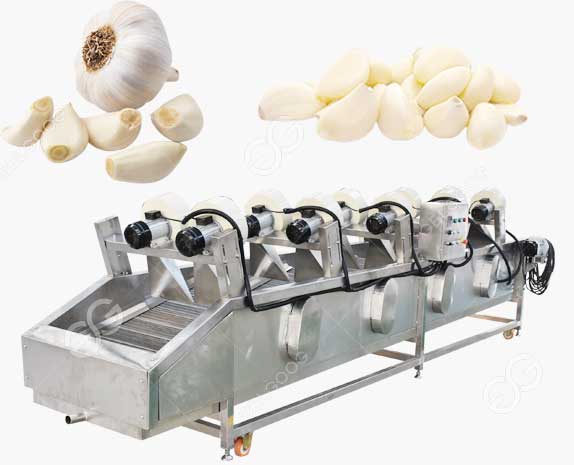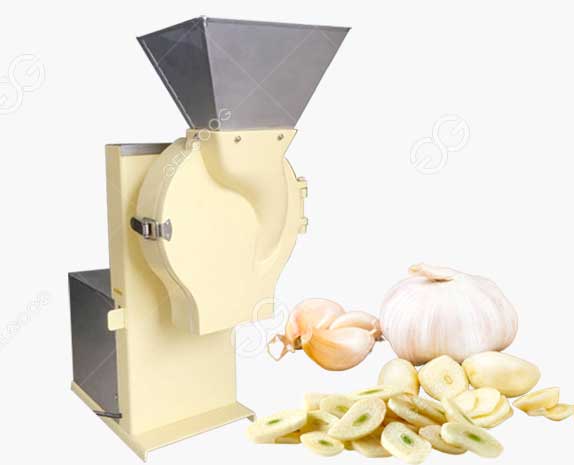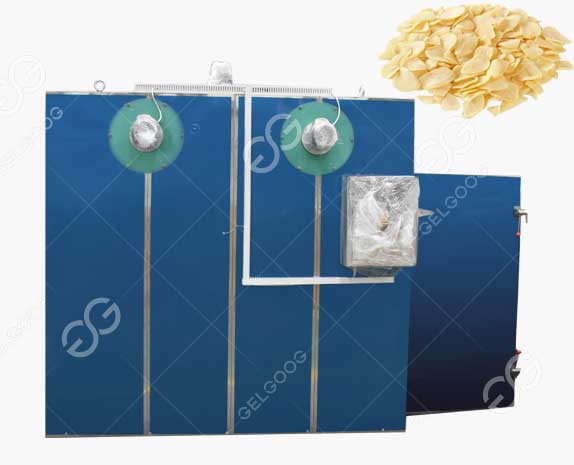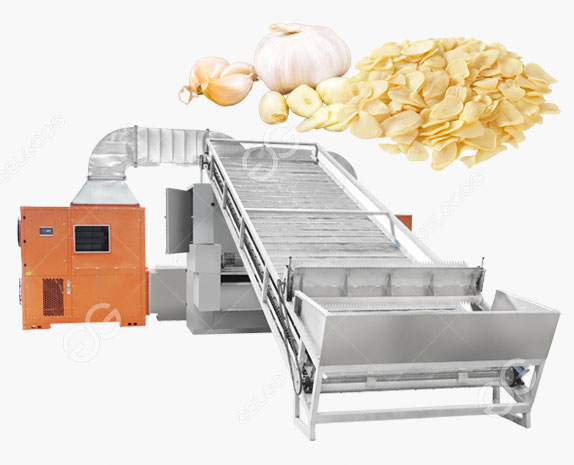Drying vegetables is a great way to preserve freshness and extend shelf life. Whether you're a home gardener with leftover produce or someone looking to stock up on healthy snacks, having the right dryer can make all the difference. But with so many options out there, determining which dryer is best for drying vegetables can be challenging. In this guide, we’ll explore the different types of dryers and help you make an informed decision.
Dehydrator:
Dehydrators are designed for drying fruits, vegetables, herbs and meats. They work by circulating hot air around food at low temperatures, removing moisture and preserving nutrients. Dehydrators come in a variety of sizes and styles, from compact countertop models to larger units with multiple trays. They provide precise temperature control, allowing you to dry vegetables at the optimal temperature without overheating or underdrying.
Oven drying:
If you don't have a dehydrator, you can use an oven to dry your vegetables. Simply spread the vegetables in a single layer on a baking sheet and place in a low oven (about 140°F to 170°F). Leave the oven door slightly open to allow moisture to escape. While oven drying works well for small batches of vegetables, it's not as effective or convenient as using a dedicated dehydrator.
Solar dryer:
Solar dryers use the energy of the sun to naturally dry vegetables. They usually consist of a box or shelf with a clear lid and a dark interior to absorb heat. Solar dryers use renewable energy, making them both environmentally friendly and cost-effective. However, they may not be as reliable or consistent as electric dehydrators, especially in areas with limited sunlight or unpredictable weather conditions.
Air drying:
Air drying is the simplest method of drying vegetables and requires only good ventilation and low humidity. Simply hang your vegetables in a well-ventilated area with plenty of airflow, such as a screened-in porch or attic. While air-drying is energy-efficient and easy to do, it's not suitable for all types of vegetables and may take longer than other methods.
in conclusion:
When it comes to drying vegetables, the right dryer can make the process quick, easy, and efficient. Whether you choose a dedicated dehydrator, use an oven, harness the power of the sun with a solar dryer, or simply air-dry your vegetables, there are many options to choose from. Consider your budget, space, and drying needs to determine which dryer is best for you. With the right equipment, you can enjoy delicious dried vegetables any time of year.
We are a manufacturer and supplier of vegetable drying machine processing solutions. If you want to start related business, you can contact us at any time and we will provide you with solutions and quotations.




